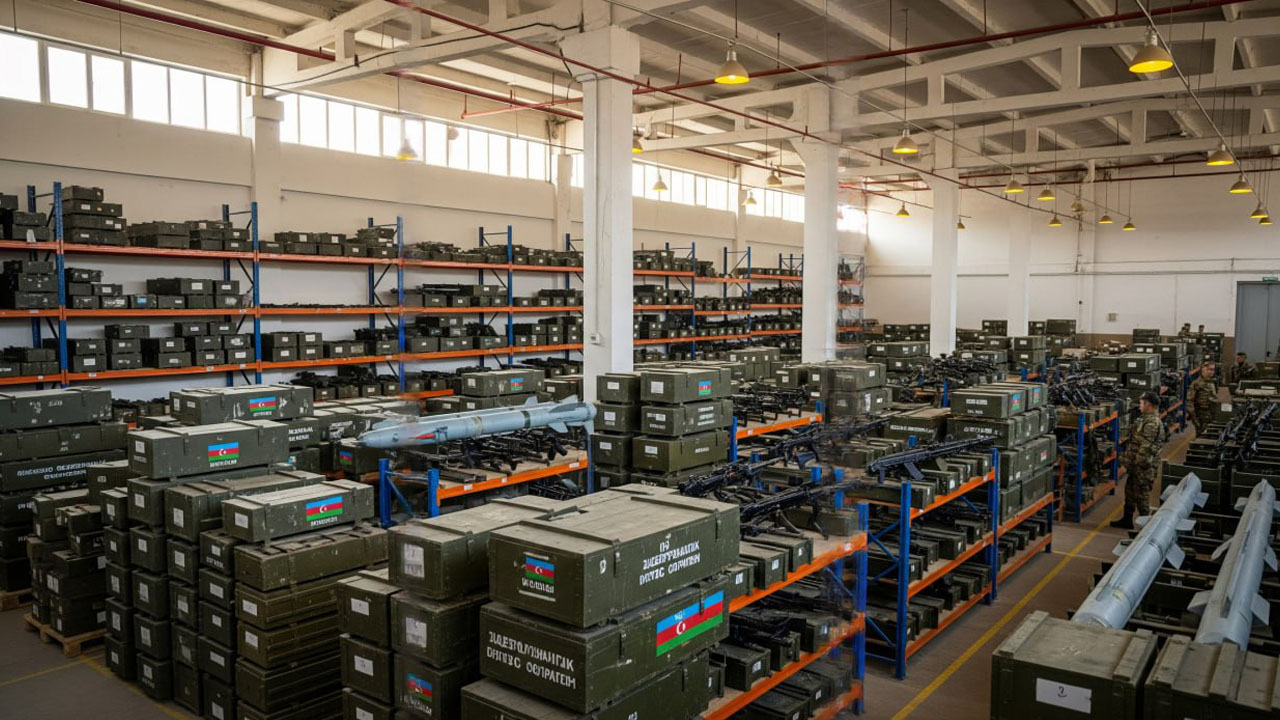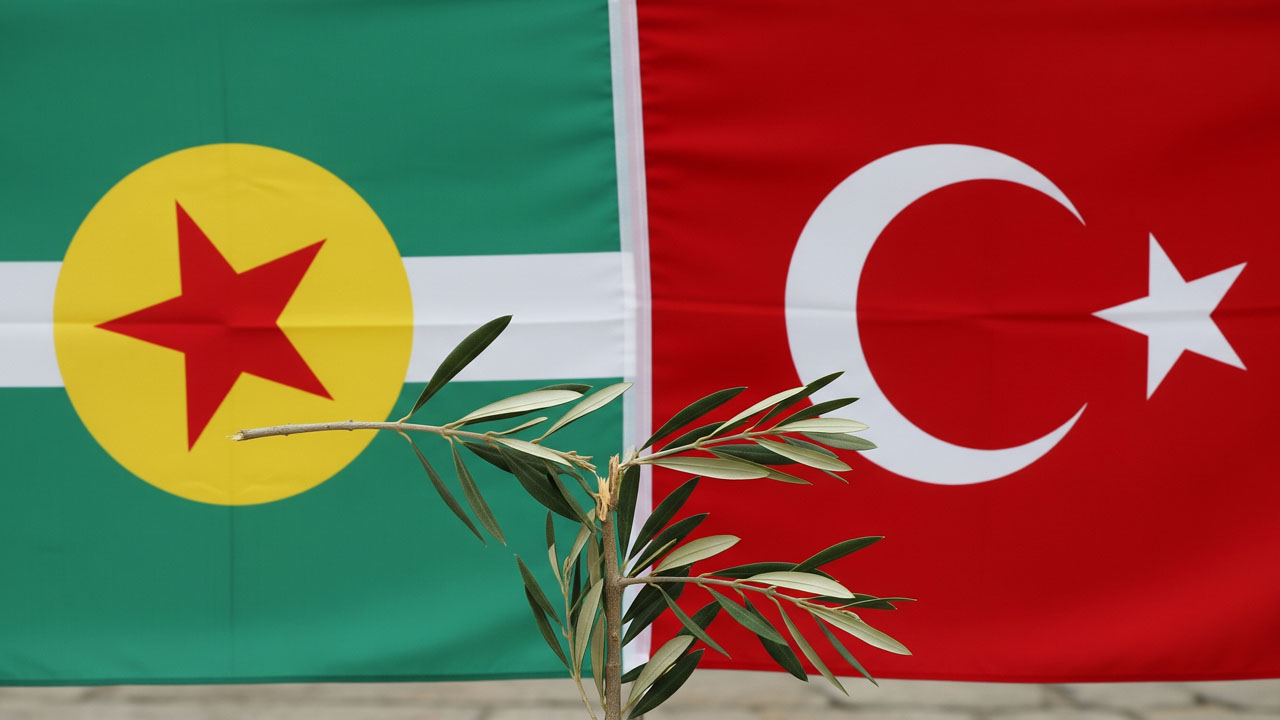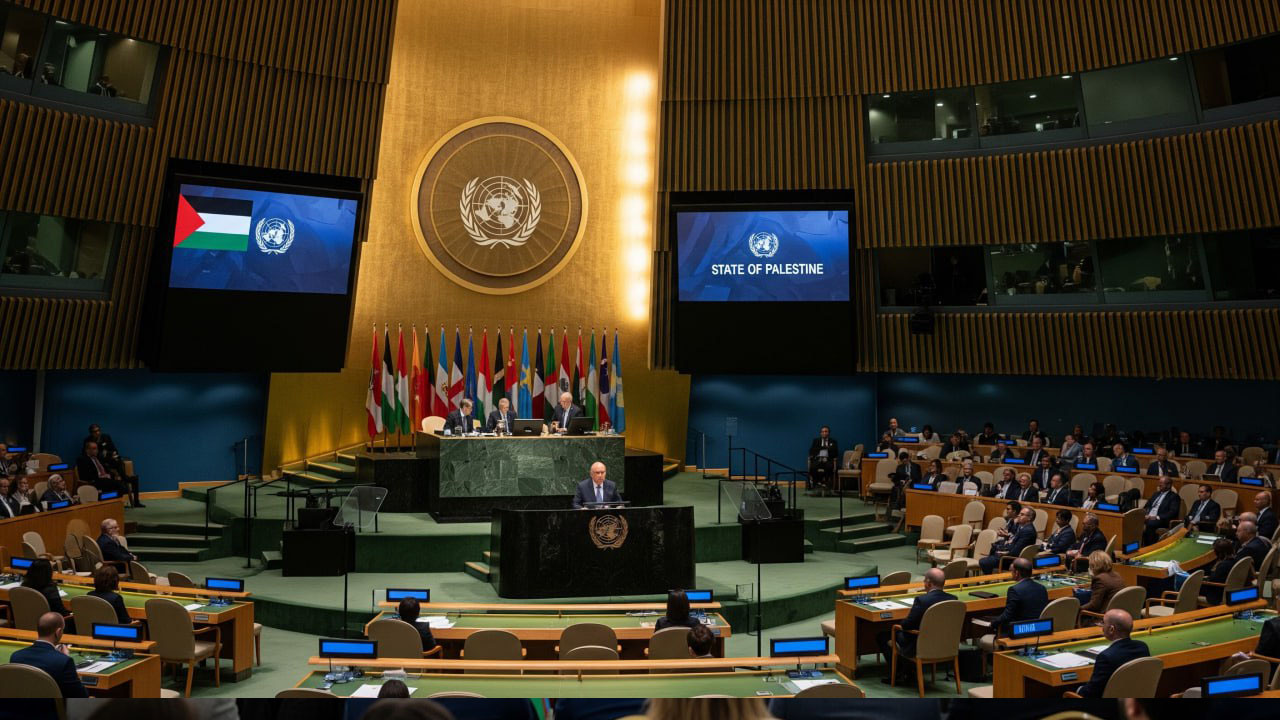
Posts by ARVAK
Militarization as an instrument of the AzR geopolitical positioning
ARVAK Center comment, 22.12.2025
On August 12, 2025, the president...
Georgia’s balancing strategy (December 2025)
ARVAK Center comment, 11.12.2025
Georgia is attempting to conserve its...
On the current Turkish-Kurdish reconciliation crisis (December 2025)
ARVAK Center comment, 10.12.2025
In late November 2025, the Kurdistan...
The Taiwan Zugzwang
ARVAK Center comment, December 09, 2025
The geopolitical environment around Taiwan...
Georgia: internal political consolidation and foreign policy diversification
ARVAK Center comment, 13.11.2025
The results of the municipal elections in...
Ramiz Mehdiyev’s arrest: clan struggle and foreign policy maneuvers in Azerbaijan
ARVAK Center comment, November 7, 2025
In mid-October 2025, Azerbaijani authorities...
Russian-Azerbaijani rapprochement of October 2025
ARVAK Center comment, October 21, 2025
On October 9, 2021,...
Elections in Moldova, Georgia, and Armenia in the context of the West-Russia global confrontation
ARVAK Center comment, October 19, 2025
The elections held in...
Recognition of Palestine as an indicator of loss of European powers’ influence in the Middle East
ARVAK Center comment, October 3, 2025
During the September session of...
Foreign policy dimension of the upcoming parliamentary elections in Armenia
Expert commentary, September 22, 2025
Norayr A. Dunamalyan
The parliamentary elections in...










